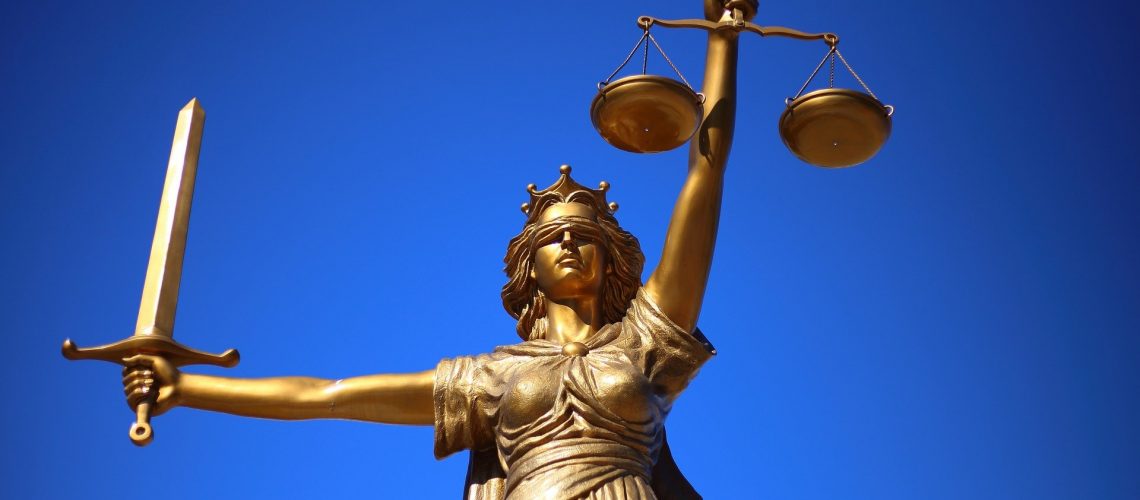By Philip W. Boesch, Jr.
Reprinted with permission – www.westsidetoday.com
The Fate of Roe v. Wade
The Los Angeles Times reminded us this week that the fate of Roe v. Wade likely depends on this presidential election. The next president, they say, will appoint the swing votes on the Supreme Court for or against the right to an abortion. Democrats and “liberal” groups frame the debate in favor of a woman’s right to choose…pro-choice. “Conservatives” and the Republican platform promote the right to life…pro-life. Justice Scalia himself has taken to the airwaves to remind voters that the Founding Fathers did not write into the Constitution a right to abortion.
Roe v. Wade & Right to Privacy
But the news soundbites and the one-liner debates miss the real point of what is at stake here. Who after all doesn’t like life? Or for that matter the idea of choice? By casting the issue in such limited terms, the debaters on both sides neglect what Roe v. Wade really was all about. What Justice Scalia doesn’t emphasize, what the simple debate ignores, is that Roe v. Wade affirms a Constitutional right to privacy. Admitting that “the Constitution does not explicitly mention any right to privacy”, the Supreme Court nonetheless found by a plurality, barely, that “personal, marital, familial and sexual privacy [are] said to be protected by the Bill of Rights or its penumbras”. They wrote “said to be protected,” because they knew of course that the right to privacy does not appear anywhere in the Bill of Rights. Finding something in a penumbra is like touching a spirit. What mortal men get to do that? And who knows what a “penumbra” is anyway?
When anti-abortion advocates demand strict construction of the Constitution and rant against judges who create law, the trouble is that this now fundamental right to privacy was created precisely in the manner they oppose. Our privacy rights came into the Constitutional world in judicial opinions striking down laws against contraception and interracial marriage, by judges who stretched to rule against police invasion of the bedroom. Fragile and vulnerable from its beginning, the right to privacy grew stronger with fits and starts and building precedents until its coming out, its bar mizvah, in Roe v. Wade. Judges who found this right in the “penumbras” were finding and making a rule of law that Congress and the Founding Fathers did not make.
What a good thing they did. Who now doesn’t believe in privacy? Conservatives want their freedom from government intrusion same as liberals and libertarians. Motherhood, apple pie and privacy are nonpartisan All-American. Cutting back on privacy – or taking away its legitimacy as a Constitutional right because it was “created” by judges and not by our Founding Fathers – is truly a slippery slope. Does anybody really want less privacy protection?
The Importance of Privacy
Children are taught early about the importance of their privacy and respecting the personal space of others. We accept as a given now, through decades of change seeping into our consciousness and our Constitutional interpretations, that privacy is an honored Constitutional right…maybe our most important right, up there high on the list with free speech and freedom of religion.
Until Roe v. Wade is overturned.
The Boesch Law Group handles business and personal litigation matters throughout Southern California. Among its high profile litigation, Mr. Boesch was lead trial counsel for Anna Nicole Smith in obtaining her federal court judgments, including the “Number One Judgment in the Nation” according to U.S. Law Weekly. He successfully represented The Wall Street Journal against all major oil companies in the leading federal case on public access to court files; and is the author of three editions of the California Judges’ Association’s Handbook on Cameras in the Courtroom.


